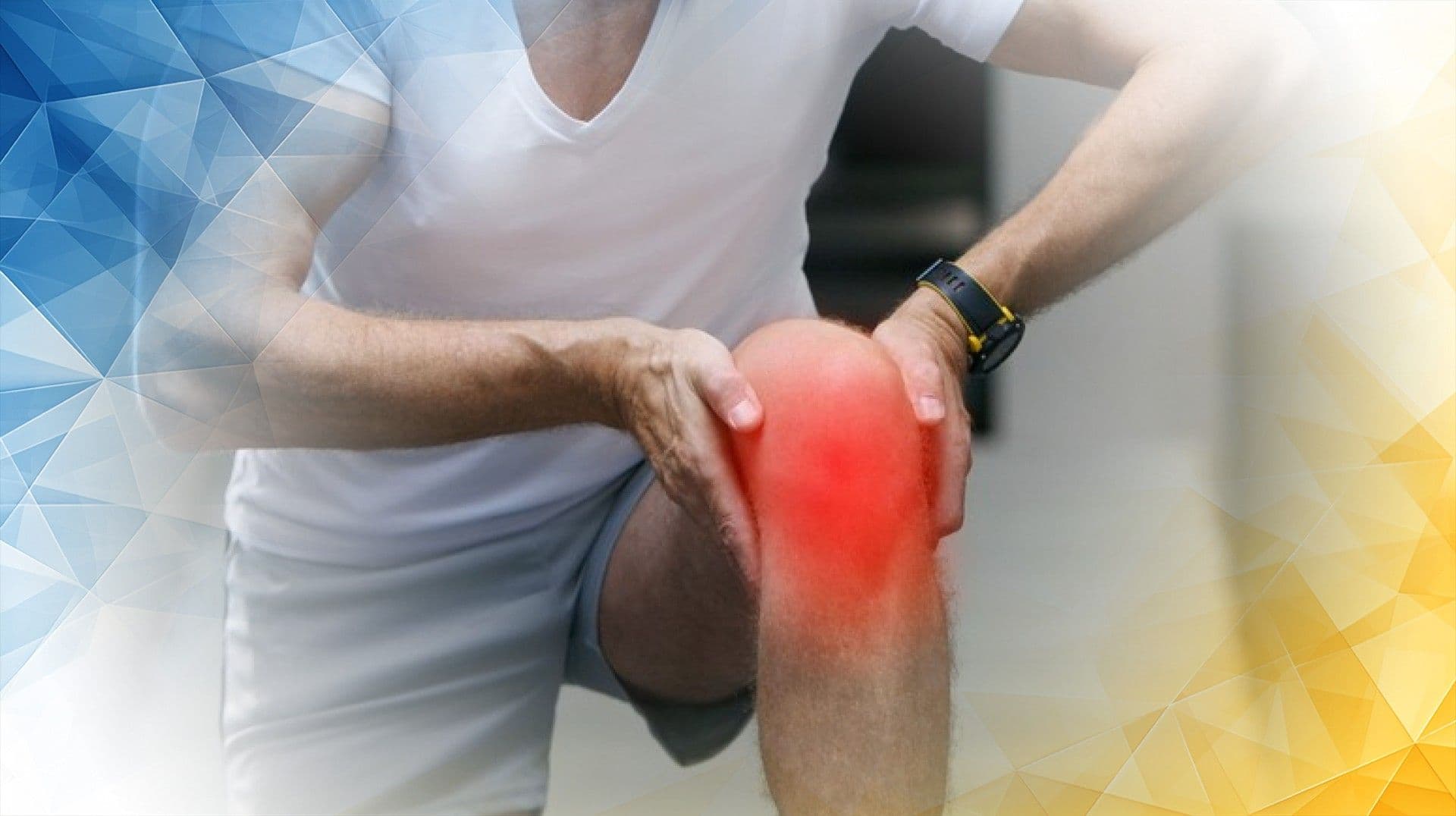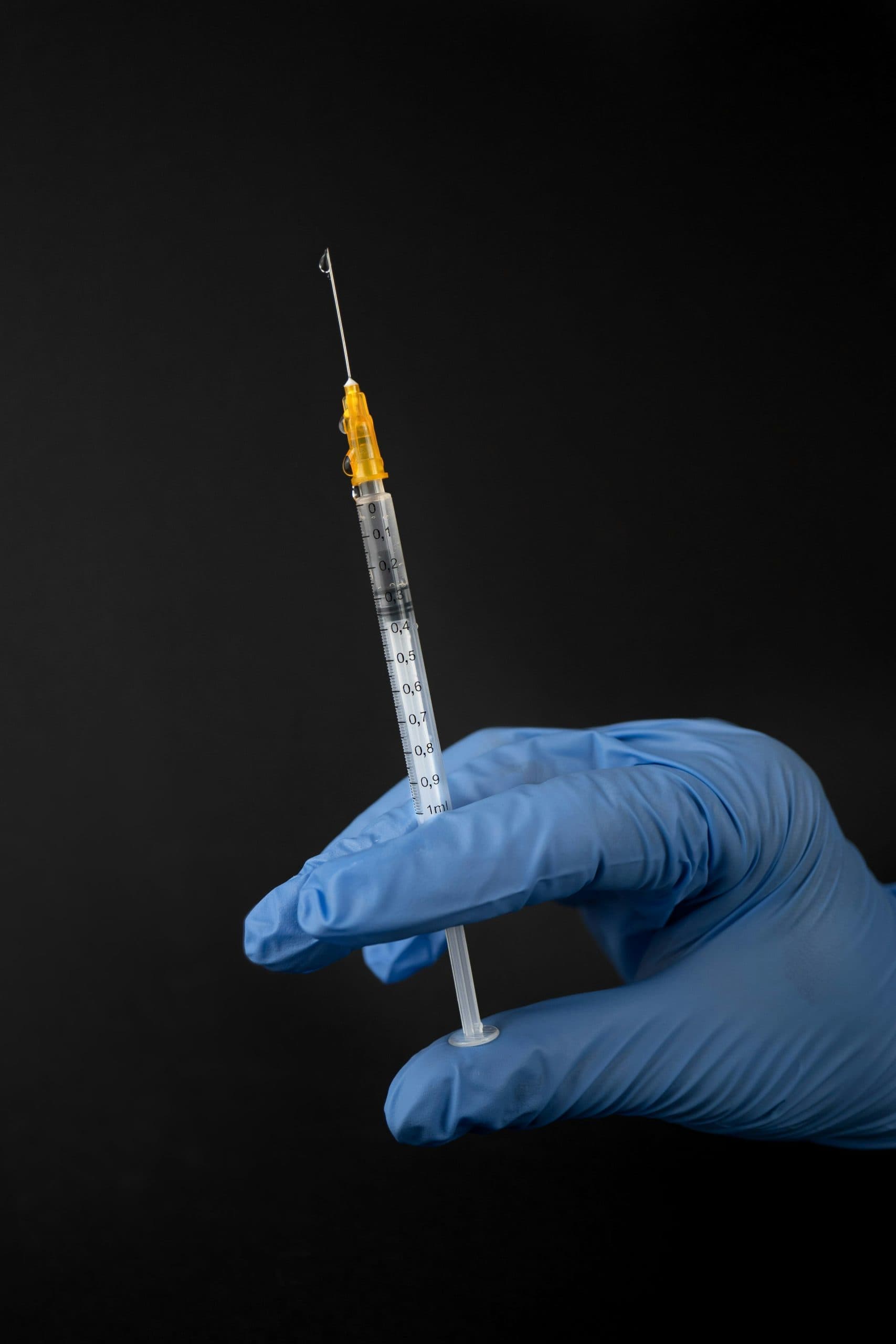About
A non-invasive treatment for degenerative knee osteoarthritis
Arthrosamid is a cutting-edge injectable that offers long-lasting pain relief for knee osteoarthritis.

A non-invasive treatment for degenerative knee osteoarthritis
Not Needed
Instant-book option available
Knee cartilage injuries are a common cause of knee pain and discomfort, particularly in patients with osteoarthritis. Unlike bone and muscle tissues, cartilage lacks a direct blood supply, which significantly limits its ability to repair itself.
When the cartilage in the knee joint is damaged, it may lead to pain, swelling, inflammation, and reduced mobility. Over time, if left untreated, cartilage damage can progress and worsen, contributing to the development of osteoarthritis.
High-impact activities: Running, jumping, or heavy lifting can place stress on the knee joint, leading to cartilage wear and injury.
Previous knee injuries: Fractures, ligament tears, or meniscus damage can increase the risk of cartilage damage as the joint structure is altered.
Ageing: As we age, the cartilage naturally weakens and becomes more prone to damage due to wear and tear.
Obesity: Excess body weight can place increased pressure on the knee joints, accelerating cartilage degradation.
Genetic predisposition: Some individuals may be more susceptible to cartilage injuries due to their genetic makeup, making them more prone to joint problems.
Knee cartilage injuries often present with pain, swelling, and limited range of motion. Patients may also report clicking, locking, or catching sensations in the joint. Diagnosis typically begins with a physical exam to assess pain, tenderness, and mobility. Imaging tests like X-rays or MRIs are commonly used to visualise the joint, assess the extent of cartilage damage, and guide treatment planning.

Arthrosamid® (a hydrogel) is an innovative treatment for knee osteoarthritis. It works by reducing inflammation around the joint, which is a key contributor to both knee pain and disease progression.
Arthrosamid is supported by more than two decades of research. It is proven to be safe and effective, offering long-lasting pain relief. The hydrogel is administered via a simple, one-step procedure under local anaesthetic. There is no need for complex surgeries, you can be in and out of our treatment centre on the same day.
MSK were the 1st to do in the UK have done over 500, have our own protocol for injection with good success rate and low complication rate. We have published and presented our results at international and nation conference.
Arthrosamid is a non-degradable and non-resorbable hydrogel composed of 2.5% cross-linked polyacrylamide and 97.5% non-pyrogenic water (McCollister et al., 1965). It is administered via an intra-articular injection into the knee joint.
The hydrogel serves as a scaffold for the synovial membrane, binding to the synovial membrane and acting as a physical buffer and scaffold.

No long-lasting adverse effects have been reported in clinical studies
Positive effects have been shown to last for at least 2 years
Clinical studies have highlighted the efficiency of Arthrosamid, especially compared to traditional treatments like hyaluronic acid
We offer a range of flexible payment options to make your treatment experience smooth and stress-free.
Most patients choose to self-fund their treatment. We accept:
We’ve partnered with GoCardless to offer interest-free instalment options. You can easily set up a Direct Debit to spread the cost of your treatment over time.
Looking for a financing plan? You can apply through Kandoo, our trusted finance partner.
We work with a small number of approved insurance providers. However, due to restrictions from many insurers, not all treatments are covered. Please check with your insurer and speak to our team before booking to avoid disappointment.
Use our website to book an initial consultation, or give us a call.
Our doctors might request you arrange a scan before your initial consultation. Or, they’ll chat with you (face to face or online) and recommend a scan after your initial consultation, if they think you need one.
Once your scan results have been reviewed, and your doctor has explained your options, you will be booked in for treatment.
Following your treatment, your doctor will give you rehab recommendations.
You will be booked in for a follow-up consultation, so your doctor can check your progress. You might need further rehab after this consultation.
Once your doctor is happy with your recovery, you will be discharged. After discharge, we are always here for further questions or support, should you need it.
How does Arthrosamid work?
How long does it take to see results?



Explore the key differences between leading injection therapies used in joint, tendon, and cartilage care. Compare their effectiveness, uses, recovery time, and potential drawbacks to help guide your treatment decisions.
Injection Type
Best For
Effectiveness
What It Does
Recovery Time
Downside
Hyaluronic Acid (HA) Injection
Cartilage Matrix Injection
Arthrosamid Injection (Hydrogel)
PRP (Platelet-Rich Plasma) Injection
mFAT (Microfragmented Adipose Tissue) Injection
BMAC (Bone Marrow Aspirate Concentrate) Injection
Cortisone (Steroid) Injection
Exosome Injection
Best For
People with knee osteoarthritis who still have pain or stiffness after other treatments.
Effectiveness
What It Does
Hydrogel that cushions and lubricates the knee joint, helping reduce pain and improve mobility.
Recovery Time
Walk immediately post-treatment. Some swelling may last a few days; benefits build over weeks.
Downside
Temporary swelling or irritation possible; may be costly; not effective for everyone.
Best For
Mild to moderate knee osteoarthritis, joint lubrication
Effectiveness
What It Does
Lubricates joints, reduces friction, and relieves pain in osteoarthritis.
Recovery Time
Immediate return to daily activities, effects last 3-12 months.
Downside
Short-term relief, effects wear off over time; does not regenerate cartilage.